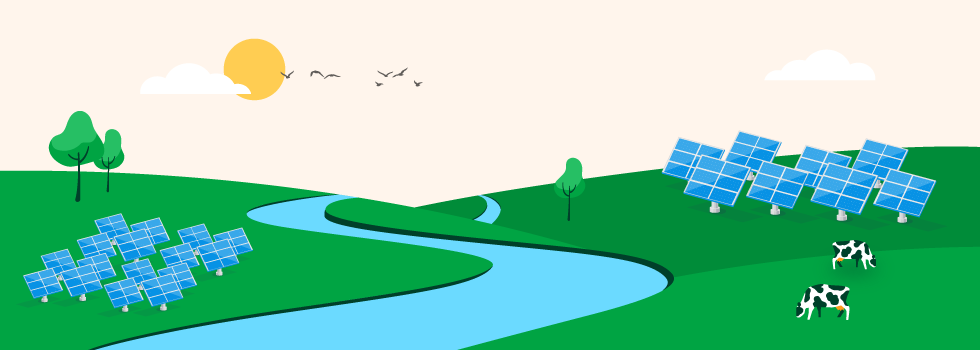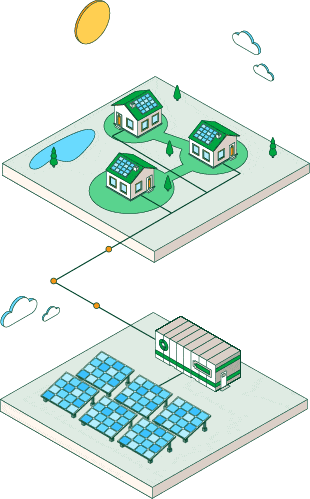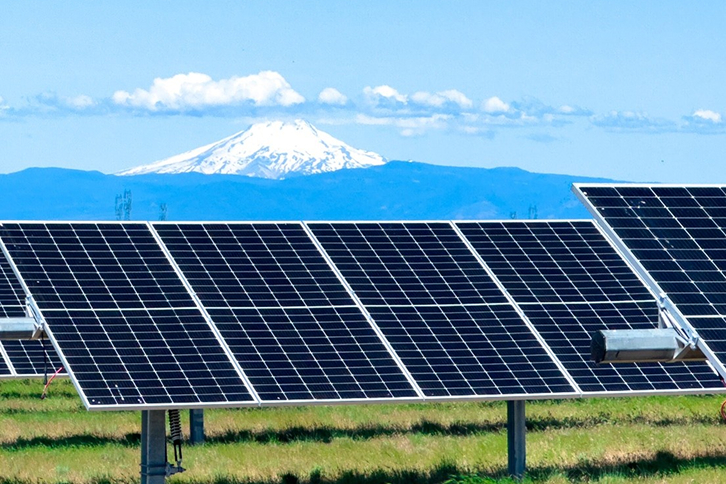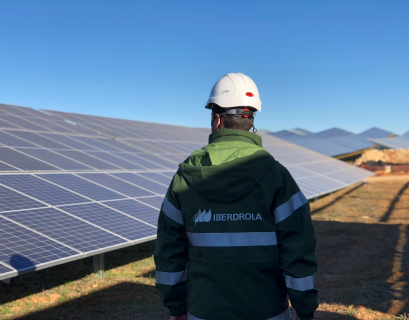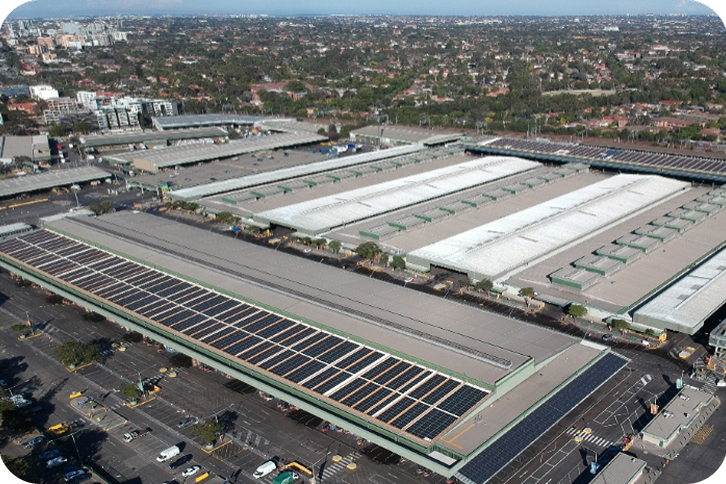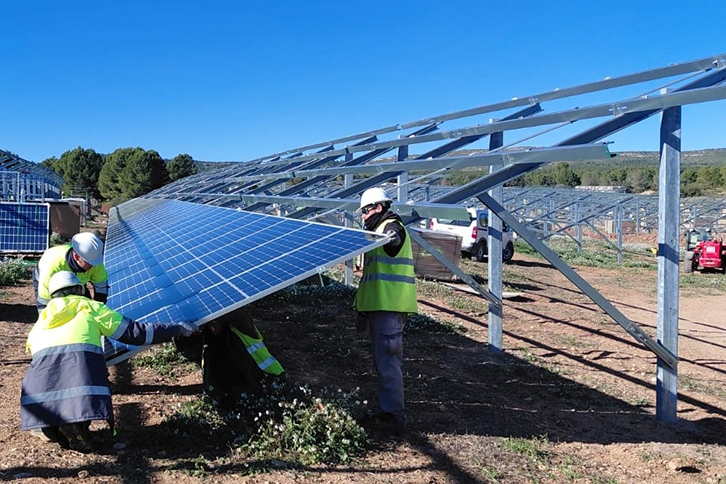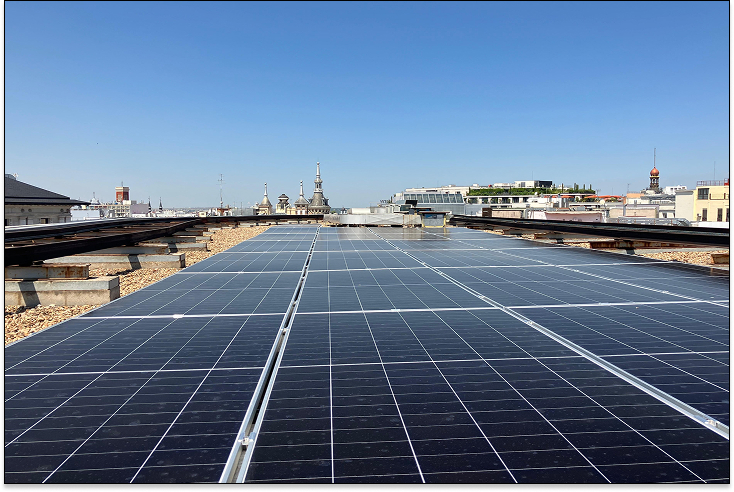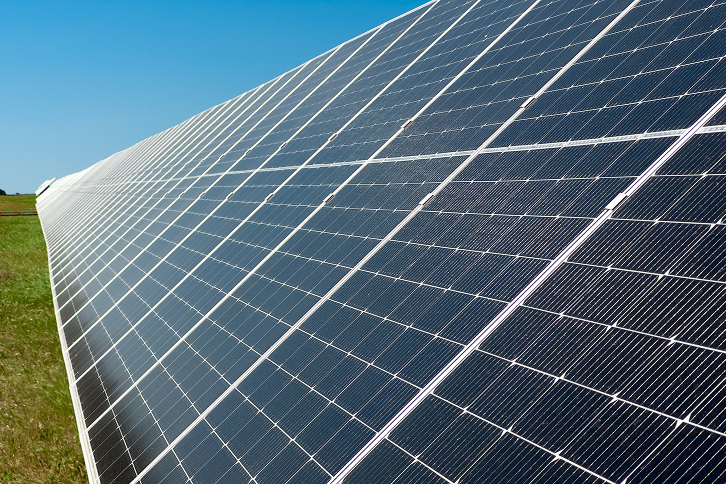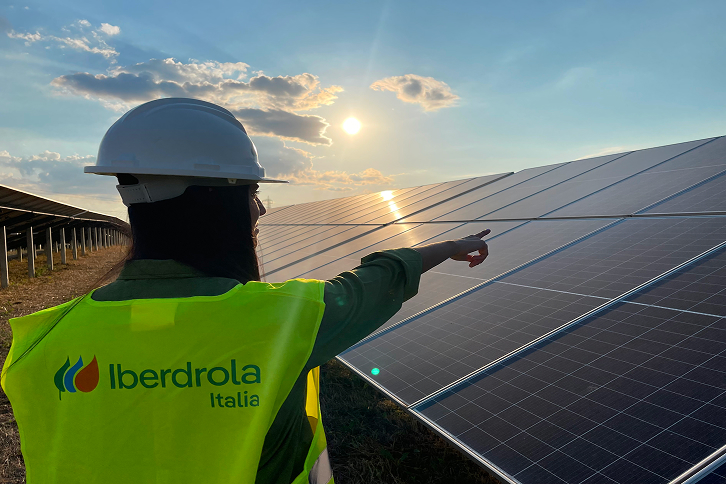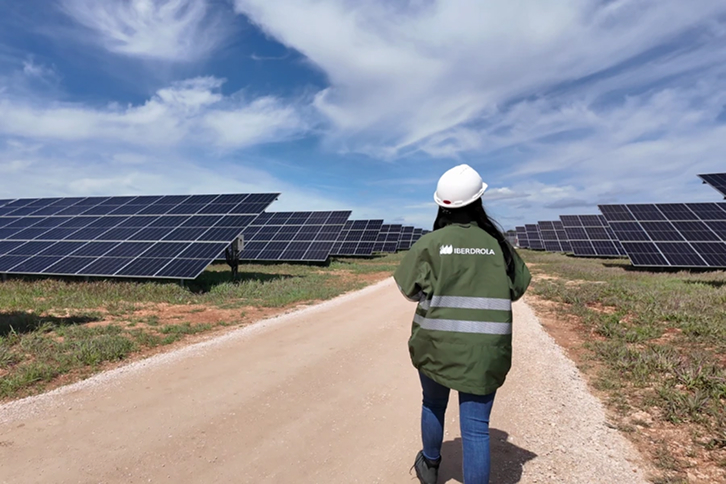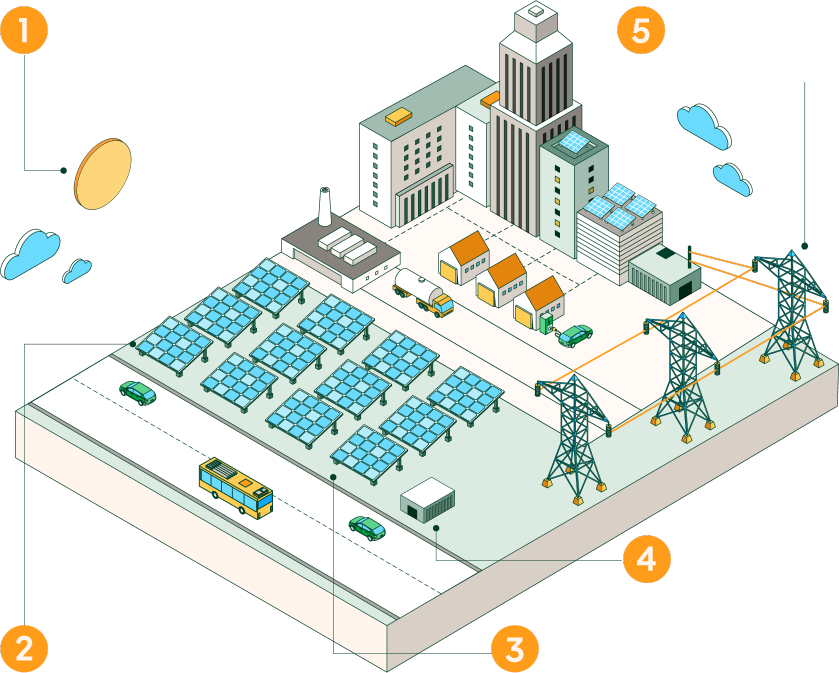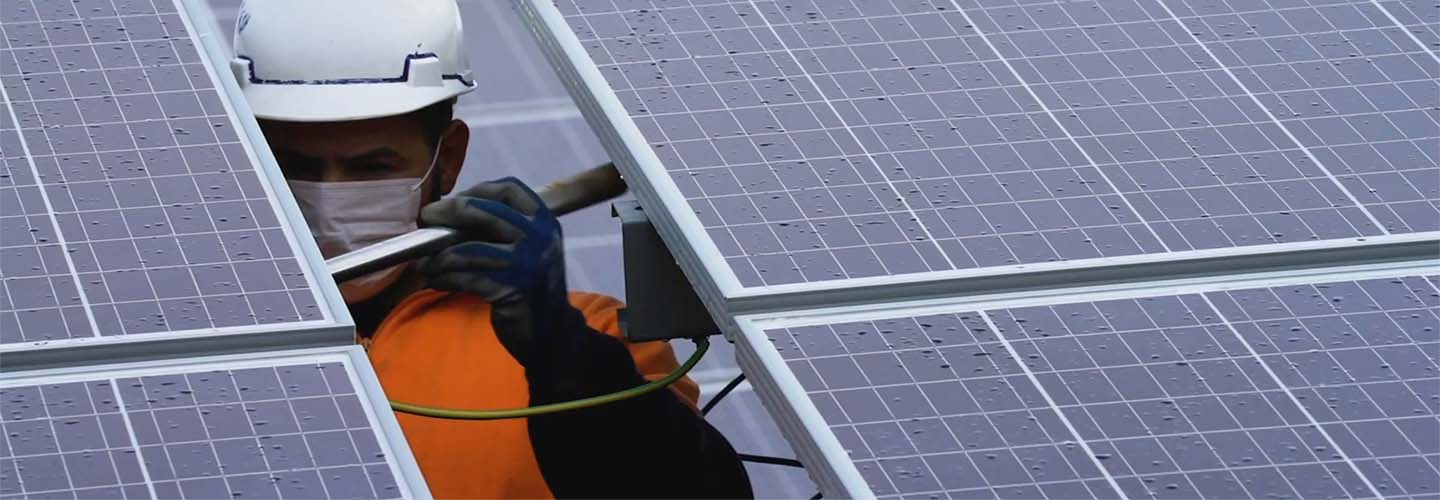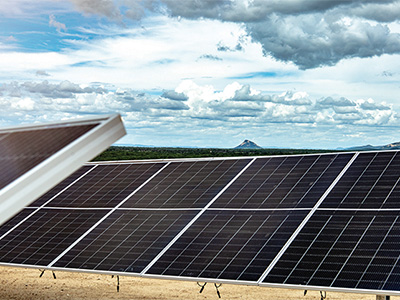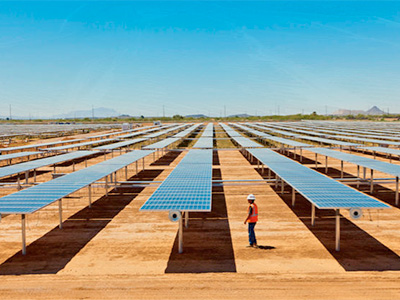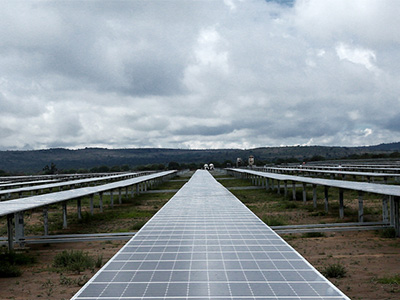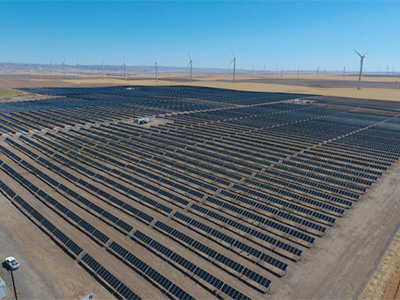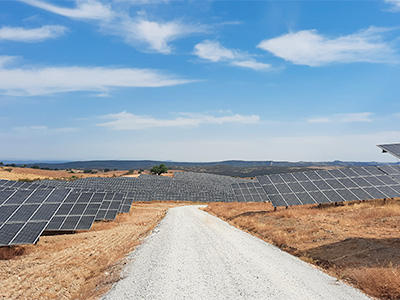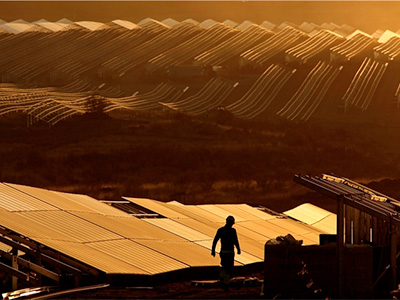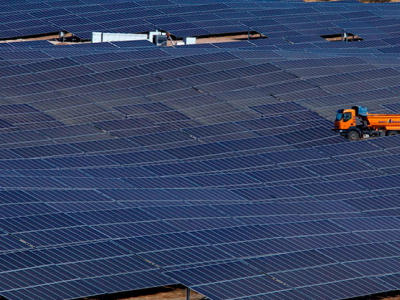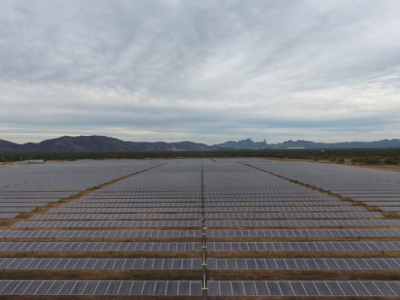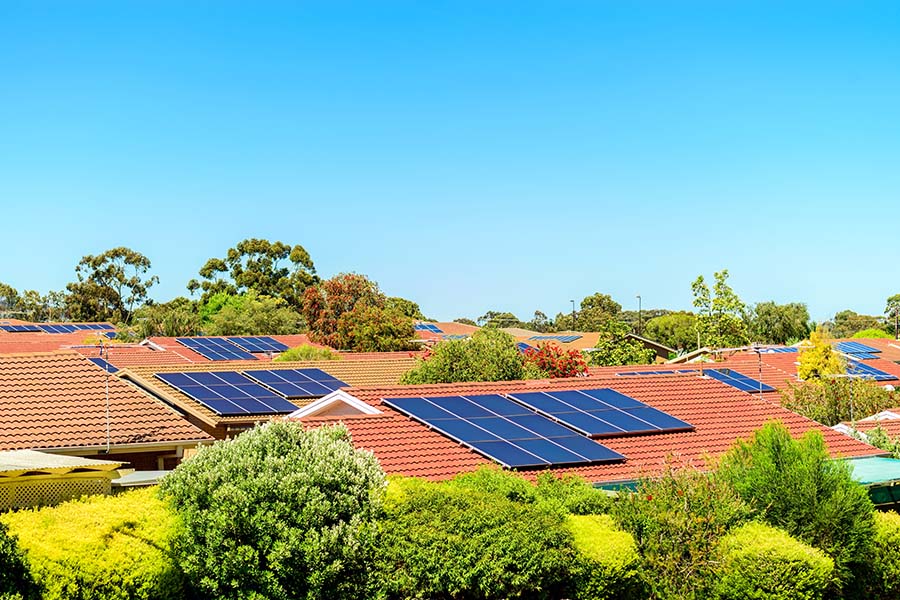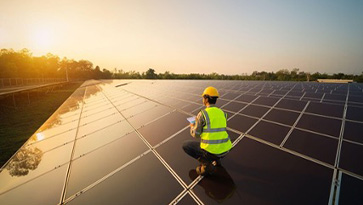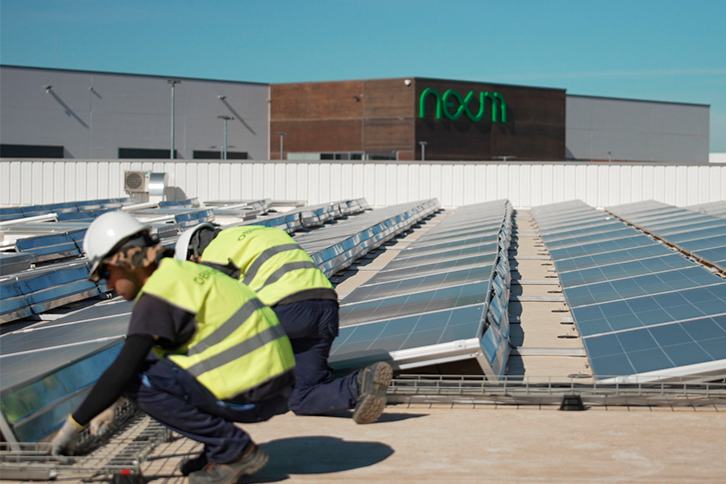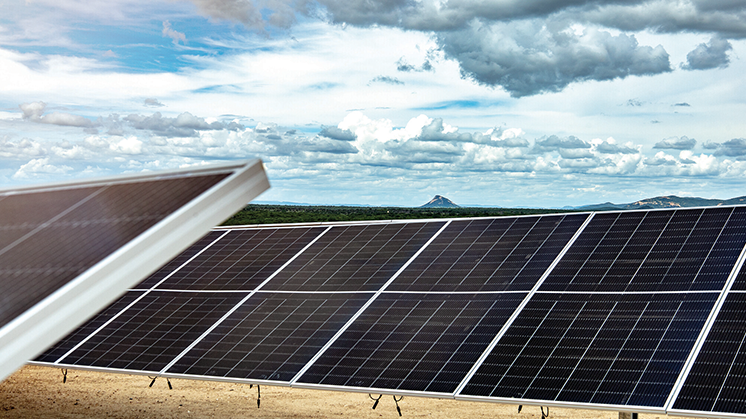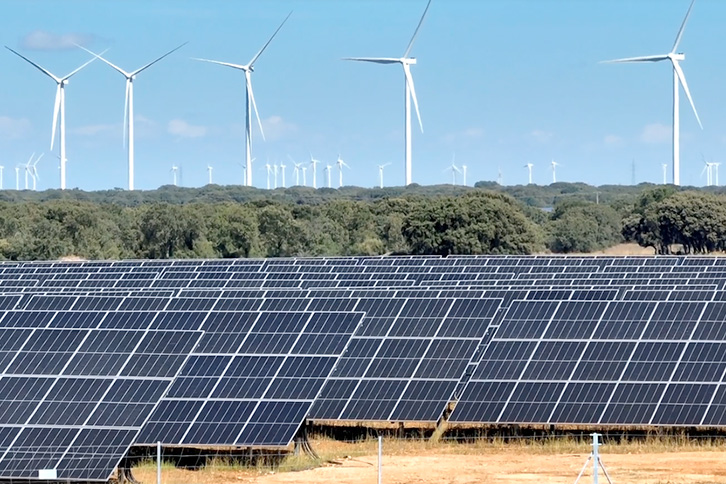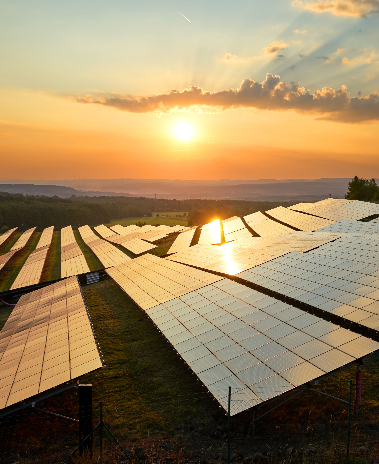-
Iberdrola's subsidiary in Brazil, Neoenergia, is already operating the Luzia solar plant, the first it has installed in this South American country. It has 228,000 photovoltaic panels with a total installed capacity of 149.3 MWp.
In order to know precisely how much energy a solar photovoltaic plant will generate, it is necessary to carry out a study of the solar resource available at the site. We tell you how the measurement of the capacity of a solar installation works and why this process is so important.
-
Iberdrola has installed the largest solar community in Spain at the Nexum Retail Park, located in Fuenlabrada (Madrid). This form of self-consumption will allow 1,100 families living within a maximum of two kilometres of the centre to access ...
-
Facebook Iberdrola installs Spain's largest solar community that will enable 1,100 families to reduce their bills
-
Twitter Iberdrola installs Spain's largest solar community that will enable 1,100 families to reduce their bills
-
Linkedin Iberdrola installs Spain's largest solar community that will enable 1,100 families to reduce their bills
-
Whatsapp
Iberdrola and the Asturian business group Exiom continue their steps towards the materialisation of the project announced at the beginning of the year for a solar panel factory in the Asturian municipality of Langreo. This week, the first...
-
Facebook Iberdrola and Exiom receive the first shipment of machinery for their solar panel factory
-
Twitter Iberdrola and Exiom receive the first shipment of machinery for their solar panel factory
-
Linkedin Iberdrola and Exiom receive the first shipment of machinery for their solar panel factory
-
Whatsapp
-
-
Iberdrola has completed the construction in of the first hybrid wind and solar photovoltaic plant in Spain and is now immersed in the commissioning process. The company thus reinforces its innovative and renewable leadership in the region...
With the growth of photovoltaic solar energy, we wonder how the recycling of solar panels works - elements that according to data from the International Renewable Energy Agency (IRENA) could reach 78 million tonnes worldwide by 2050.






